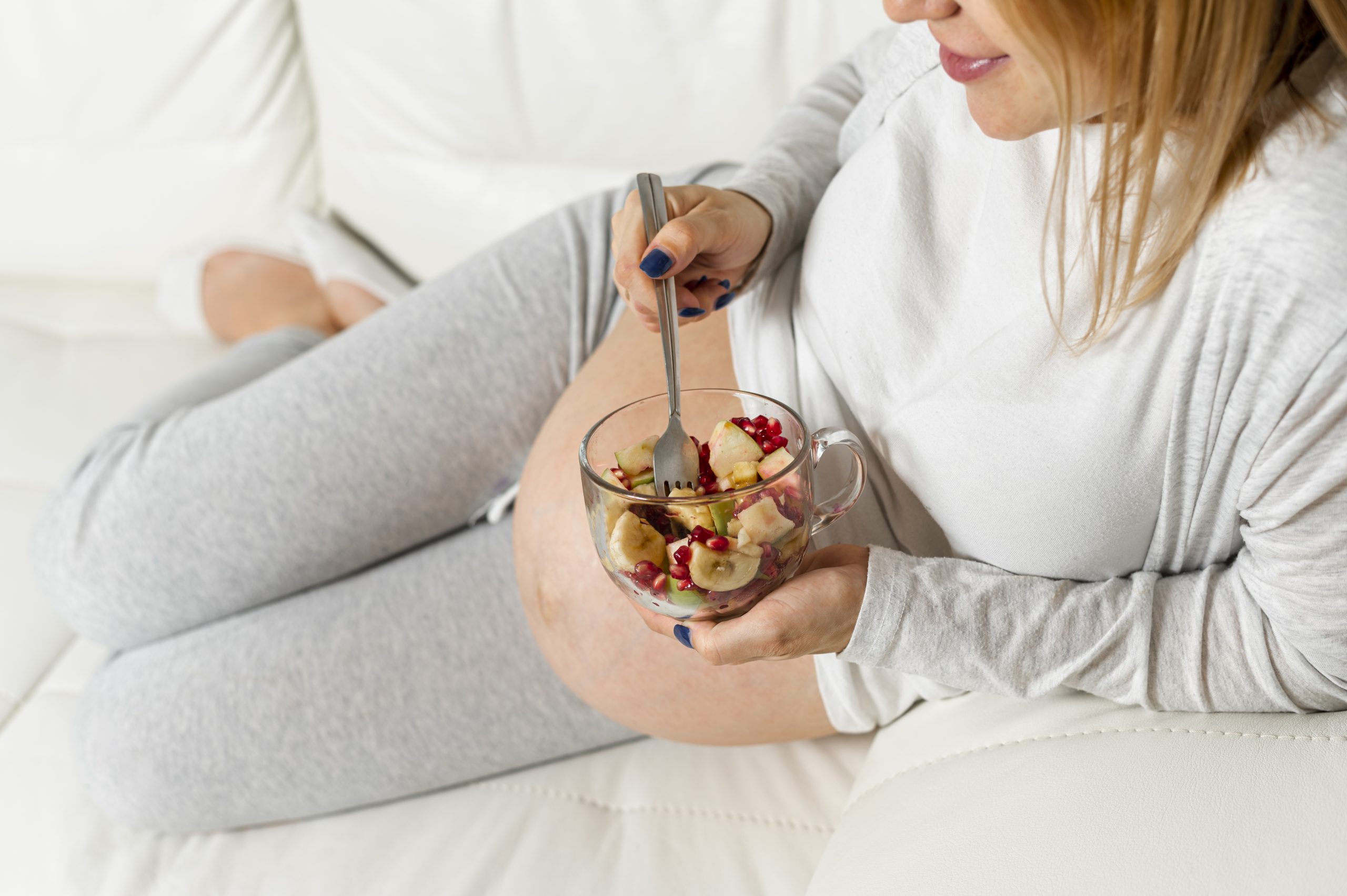Nourishing Fertility: The Impact of Nutrition on Female Reproductive Health
Synopsis:
For couples on the journey to parenthood, the role of nutrition in optimizing fertility is a critical aspect that often goes overlooked. The influence of diet on female reproductive health is profound, affecting hormone balance, egg quality, and overall reproductive function. In this blog, we’ll delve into the connection between nutrition and female fertility, exploring key nutrients, dietary habits, and lifestyle choices that can positively impact the chances of conceiving.
The Foundation of Fertility- Key Nutrients for Women:

Image: freepik.com
Folic Acid:
Folic acid is well-known for its role in preventing neural tube defects in early pregnancy. However, it also plays a vital role in supporting fertility by aiding in cell division and promoting a healthy reproductive system.
Iron:
Iron is essential for maintaining healthy blood levels, and inadequate iron stores can lead to anovulation (lack of ovulation). Incorporate iron-rich foods like lean meats, beans, and leafy greens into your diet.
Omega-3 Fatty Acids:
Found in fatty fish, flaxseeds, and walnuts, omega-3 fatty acids contribute to hormonal balance and support the development of a healthy uterine lining, crucial for implantation.
Vitamin D:
Vitamin D is linked to improved fertility outcomes. Exposure to sunlight and dietary sources like fortified dairy products and fatty fish can help maintain optimal levels.
Antioxidants:
Antioxidants, found in fruits and vegetables, combat oxidative stress and protect reproductive cells from damage. Berries, spinach, and nuts are excellent sources.
Dietary Habits for Fertility:

Image: freepik.com
Balanced Diet:
Ensure a well-rounded diet that includes a variety of whole foods, incorporating fruits, vegetables, lean proteins, whole grains, and healthy fats.
Limit Processed Foods:
Processed foods high in refined sugars and trans fats can contribute to inflammation and hormonal imbalances. Opt for whole, unprocessed options instead.
Moderate Caffeine and Alcohol Intake:
While moderate caffeine intake is generally considered safe, excessive consumption may affect fertility. Limit alcohol intake, as it can disrupt hormone regulation.
Maintain a Healthy Weight:
Both underweight and overweight conditions can negatively impact fertility. Aim for a body mass index (BMI) within the recommended range to support reproductive health.
Lifestyle Factors for Fertility:

Regular Exercise:
Engage in moderate exercise to support overall health and maintain a healthy weight. However, excessive exercise can disrupt menstrual cycles, so strike a balance.
Stress Management:
Chronic stress can affect hormonal balance and disrupt the menstrual cycle. Incorporate stress-reducing practices such as meditation, yoga, or deep breathing.
Adequate Sleep:
Prioritize quality sleep, as disrupted sleep patterns can affect hormone production and ovulation.
THE BOTTOM LINE:
The impact of nutrition on female fertility is profound, with a well-balanced diet and healthy lifestyle choices contributing to reproductive well-being. By incorporating nutrient-rich foods, maintaining a healthy weight, and adopting positive lifestyle habits, women can optimize their chances of conceiving and embark on the path to a healthy and successful pregnancy. As always, consulting with a healthcare provider or a nutrition specialist is advisable for personalized guidance tailored to individual needs and circumstances.

